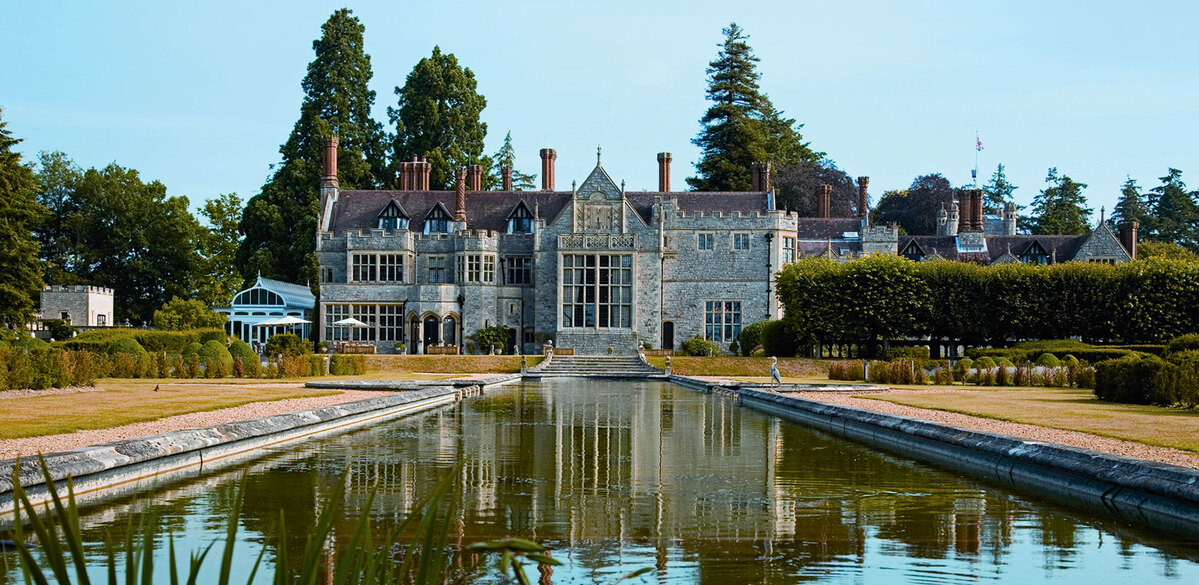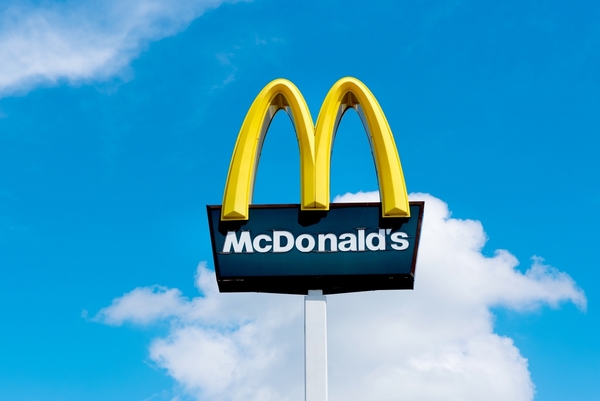Hospitality businesses most likely to cut trading to tackle energy costs
Hospitality businesses were more likely than any other industry to say they plan to cut trading by at least two days per week in November 2022 to reduce energy costs, according to Office for National Statistics (ONS) data
The ONS Business Insights and Conditions Survey (BICS) found that more than 1 in 20 businesses in the sector (6%) planned to stop trading for two or more additional days a week in the month. The same percentage of food and drink service businesses said they had already done so in the last three months, which was among the highest of any group. They were also the most likely to reduce trading hours, even if they were still operating for the same number of days (21%).
Across the hospitality industry, 22% of businesses said energy prices were their principal concern for November, even after the UK government pledged to subsidise businesses’ energy bills in September.
Around one in 10 businesses across the hospitality industry said they had reduced or simplified goods and services (or planned to) in a bid to cut energy costs and was the most likely industry to have taken or planned some sort of action to reduce energy spending.
Around two in five food and drink service (41%) businesses said they expected their prices to increase in November, while the figure was 36% among accommodation businesses, compared with an overall average of 28%, with firms in the hospitality sector the most likely to say that energy costs were making them consider raising their own prices.
Of those, around three-quarters of food and drink service firms (76%) and 59% in accommodation said energy costs were making them consider price increases, compared with 38% across all industries.
Although, the proportion of businesses saying energy costs were making them consider price rises in November was lower than in October after the government announced its support package.
Food and drink service businesses were the second-most likely to have seen production and/or supply affected by energy price rises in early October, at 71%, while 44% in accommodation saw their production and/or supply affected. The percentage for all businesses was 32%.
When asked about turnover expectations for November, 70% of accommodation businesses predicted lower turnover – the second-highest response of any business group and more than triple the average of 21%. For food and drink service businesses, it was more than double the figure across all industries, at 46%.
More than two in five food and drinks service businesses (45%) expected performance to drop, more than any other group. This was followed by the accommodation sector, at 30%. However, both were less likely to predict falling performance than a month earlier.
Emma McClarkin, chief executive of the British Beer and Pub Association (BBPA), said: “These new figures highlight the extreme pressure that extortionate energy costs continue to have on our pubs and brewers and the tough decisions they are being forced to make to keep serving their communities.
“Many have already taken drastic measures, reducing trading hours or even days on which they open and we’re not even into the coldest months yet. These rising costs are compounded by inflation on key ingredients, severe staffing shortages and a cost-of-living crisis that is leading customers to see a pint in their local as an unaffordable luxury.
“This Thursday, we desperately need the Chancellor provide relief to the cost of doing business, but we also need clarity and certainty for our pubs and brewers that energy support will continue beyond the initial six months. The figures published today demonstrate clearly how vulnerable our industry is, with 50 pubs a month currently closing their doors for good, without some long-term guarantee many more will not be able to survive what is set to be a very difficult winter.”
50 pubs a month are estimated to be ‘vanishing' from communities across England and Wales.
















